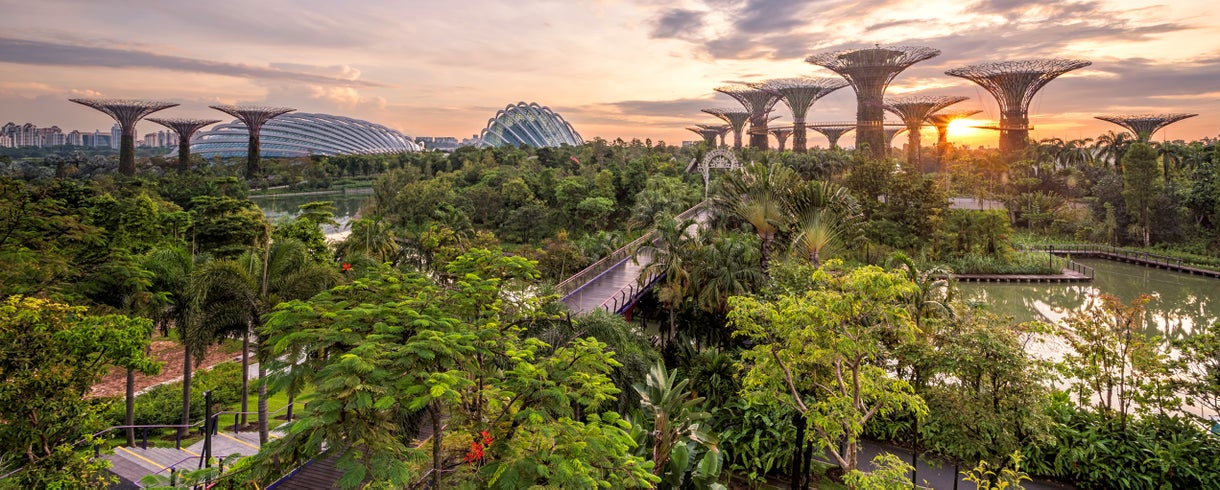



A community in Queensland is on track to become Australia’s most ‘sustainable food city’. It is also ready to feature in a digitally integrated urban horticulture and community composting systems. Yarrabilb, a 2,062-hectare purpose-built town in South East Queensland, and the project, which is being co-ordinated by the Food Agility Cooperative Research Centre, started in 2009 is expected to run until 2042, with a predicted 17,000 households and a 45,000 population. One of the project partners Lendlease told the Food Agility Summit 2021 that a key part of the project is developing a local food community based on circular economy principles.
This is more than just a bunch of residential lots, this is a town, Lendlease Sustainability Manager, Karen Greaves opined. She also went on to state that there was basically nothing on this site prior to us starting this sustainable project, because it was a former plantation. So, hence they had the question of how do we service it with everything that it requires, and we saw it as an opportunity to say what does the town of the future actually look like – what do they need? They then started to look at not just sustainability as it is currently done, in terms of saving energy, water and reducing waste but how do we connect these systems up and bring them together. They have developed a sustainable and circular economy strategy for Yarrabilba; it not only looks at waste but energy, water, materials, transport, agriculture – so all the flows in and all the flows out.
If global food waste was a country, it would be the third-largest greenhouse gas emitter after China and the United States, stated Dr Richards said. Hence, even though there is a problem with food waste, but they also have a new and emerging community where there are issues of food insecurity. The citizens have to think about, even with the COVID-19 situation, the situation with supply, accessibility, whether people can get to where food is available and if you have the money to sustain yourself and your family.
Dr Richards added that the Yarrabilba sustainable project is still in the first stage, which will run for three years, where researchers are trying to upgrade the process and subsequently developing a prototype community composting system that tracks compost contributions from businesses and residents.
In terms of food production, Dr Richards explains that the aim is to have people engaged in sustainable food growing who do not have access to such resources in their local communities – and there are already some positive results on-site.